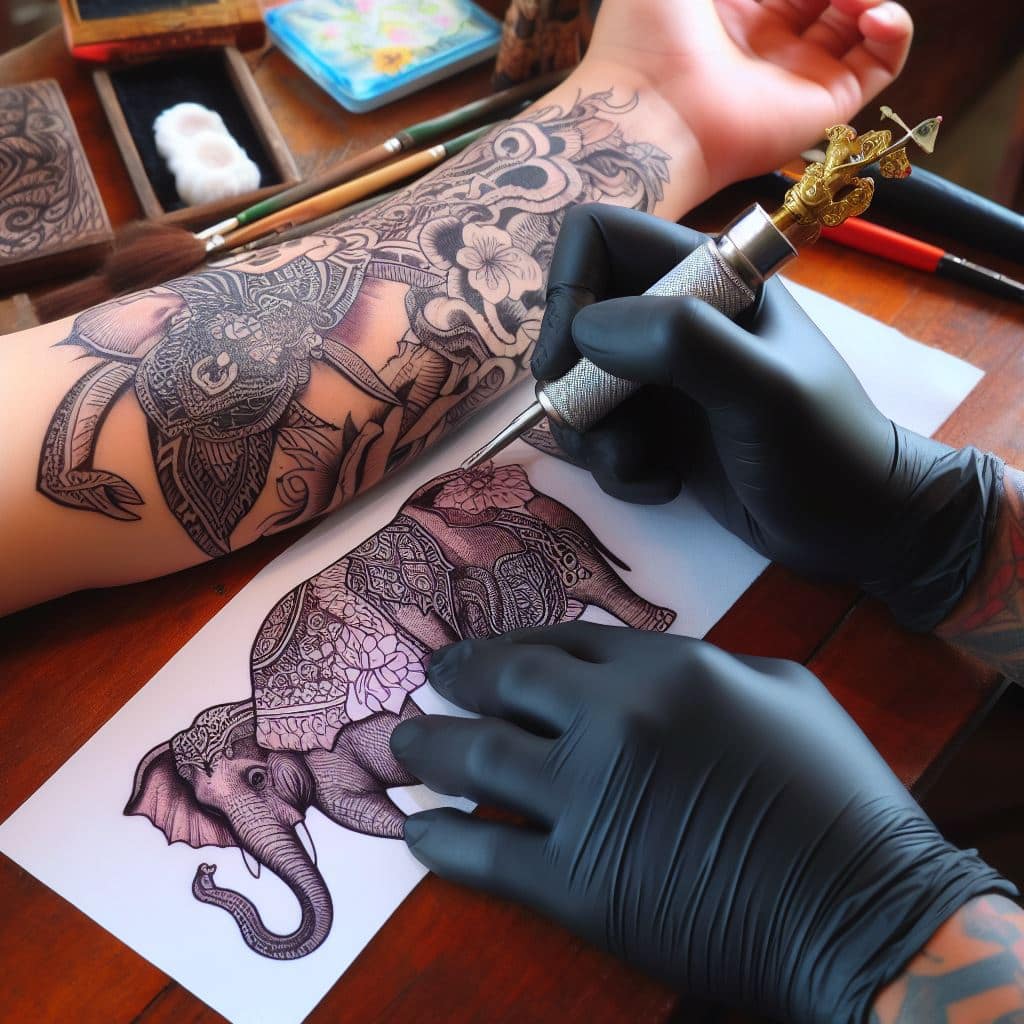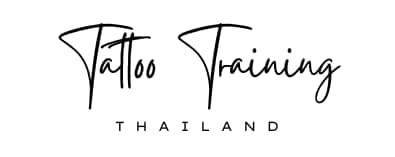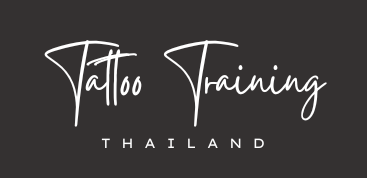22 Nov A Comprehensive Guide to Start Learning Tattoo Making
Embarking on the Artistic Journey: A Comprehensive Guide to Start Learning Tattoo Making
Tattoo making is a unique and expressive form of art that has been practiced for centuries, with roots deeply embedded in various cultures worldwide. In recent years, the art of tattooing has gained immense popularity, making it a sought-after skill for those who wish to express themselves creatively. If you’re eager to delve into the world of tattoo making, this comprehensive guide will help you navigate the initial steps and set you on the path to becoming a proficient tattoo artist.

Understanding the Art of Tattooing:
Before you embark on your journey to becoming a tattoo artist, it’s crucial to understand the significance and cultural aspects of tattooing. Tattoos have been used for self-expression, storytelling, and cultural identification throughout history. Research various tattoo styles, cultural traditions, and the meanings behind different designs to gain a well-rounded appreciation for the art.
Research and Education:
- Explore Different Styles:
Start by exploring various tattoo styles such as traditional, neo-traditional, realism, black and grey, and watercolor. Familiarize yourself with the work of renowned tattoo artists to gain inspiration and insight into different techniques. - Anatomy and Physiology:
Understanding the human body’s anatomy and skin physiology is crucial for a tattoo artist. Study skin layers, textures, and how different skin types react to tattooing. This knowledge will guide you in creating tattoos that age well and heal properly.
Acquiring Essential Skills:
- Artistic Foundation:
Develop your artistic skills by practicing drawing, sketching, and painting. A strong foundation in basic art principles, such as composition, color theory, and perspective, will significantly contribute to your tattooing capabilities. - Practice Tattoo Designing:
Invest time in creating your designs. Practice designing tattoos on paper and digital platforms. This will help you refine your skills in translating ideas into visually appealing and technically feasible tattoo designs.
Building a Portfolio:
- Document Your Work:
Keep a comprehensive portfolio of your artwork, including sketches, drawings, and any mock-up tattoo designs. A well-curated portfolio is essential when applying for an apprenticeship or showcasing your skills to potential clients. - Attend Art School or Workshops:
Consider enrolling in art classes or workshops to further enhance your skills. Many institutions offer courses specifically tailored to tattoo artistry, providing hands-on experience and guidance from experienced artists.
Apprenticeship:
- Find a Reputable Mentor:
Seek out an experienced and reputable tattoo artist who is willing to take you under their wing. An apprenticeship is a crucial step in learning the practical aspects of tattooing, from hygiene practices to operating tattoo machines. - Networking:
Attend tattoo conventions, art events, and networking gatherings to connect with established artists and studios. Building relationships within the tattoo community can open doors to potential apprenticeships and collaborative opportunities.
Mastering Techniques and Equipment:
- Learn Tattoo Machine Handling:
Familiarize yourself with the different types of tattoo machines, needles, and grips. Understanding how to assemble, disassemble, and sterilize equipment is fundamental to maintaining a safe and hygienic tattooing environment. - Practice on Synthetic Skin:
Before working on real skin, practice tattooing on synthetic skin or fruit to hone your technique. This allows you to familiarize yourself with the tattoo machine’s feel and practice maintaining a steady hand.
Hygiene and Safety:
- Sterilization Practices:
A crucial aspect of tattooing is maintaining a sterile environment. Learn and implement proper sterilization practices for equipment, surfaces, and personal hygiene to prevent infections and ensure client safety. - Bloodborne Pathogen Certification:
Obtain certification in bloodborne pathogen safety. This is often a legal requirement and ensures you are well-versed in preventing the spread of infectious diseases during the tattooing process.
Legal Considerations:
- Compliance with Regulations:
Research and comply with local and national regulations regarding tattooing. This includes obtaining any necessary permits or licenses to legally practice tattooing in your area. - Informed Consent:
Develop a comprehensive understanding of the legal and ethical aspects of tattooing, including obtaining informed consent from clients. This involves explaining the potential risks, aftercare procedures, and ensuring clients are of legal age.
Aftercare and Client Relations:
- Educate Clients on Aftercare:
Provide clients with detailed aftercare instructions to ensure their tattoos heal properly. This not only contributes to the longevity of your artwork but also establishes a positive reputation for your professionalism. - Effective Communication:
Cultivate effective communication skills to understand clients’ design preferences and address any concerns they may have. Building strong client relations is crucial for repeat business and positive word-of-mouth referrals.
Continual Learning and Growth:
- Stay Updated on Industry Trends:
The tattoo industry is ever-evolving, with new techniques and styles emerging regularly. Stay informed about industry trends, attend workshops, and continually seek opportunities for professional development. - Seek Constructive Feedback:
Embrace constructive criticism and seek feedback from experienced artists. This continuous learning process will help you refine your skills and stay adaptable in a dynamic industry.
Conclusion:
Embarking on the journey of learning tattoo making is both challenging and rewarding. It requires dedication, artistic talent, and a commitment to ongoing education. By understanding the cultural significance, acquiring essential skills, securing an apprenticeship, mastering techniques, and prioritizing hygiene and safety, you can pave the way to becoming a skilled and respected tattoo artist. Remember, the key to success lies not only in mastering the technical aspects but also in developing a unique artistic voice that sets you apart in the vibrant world of tattooing.



No Comments